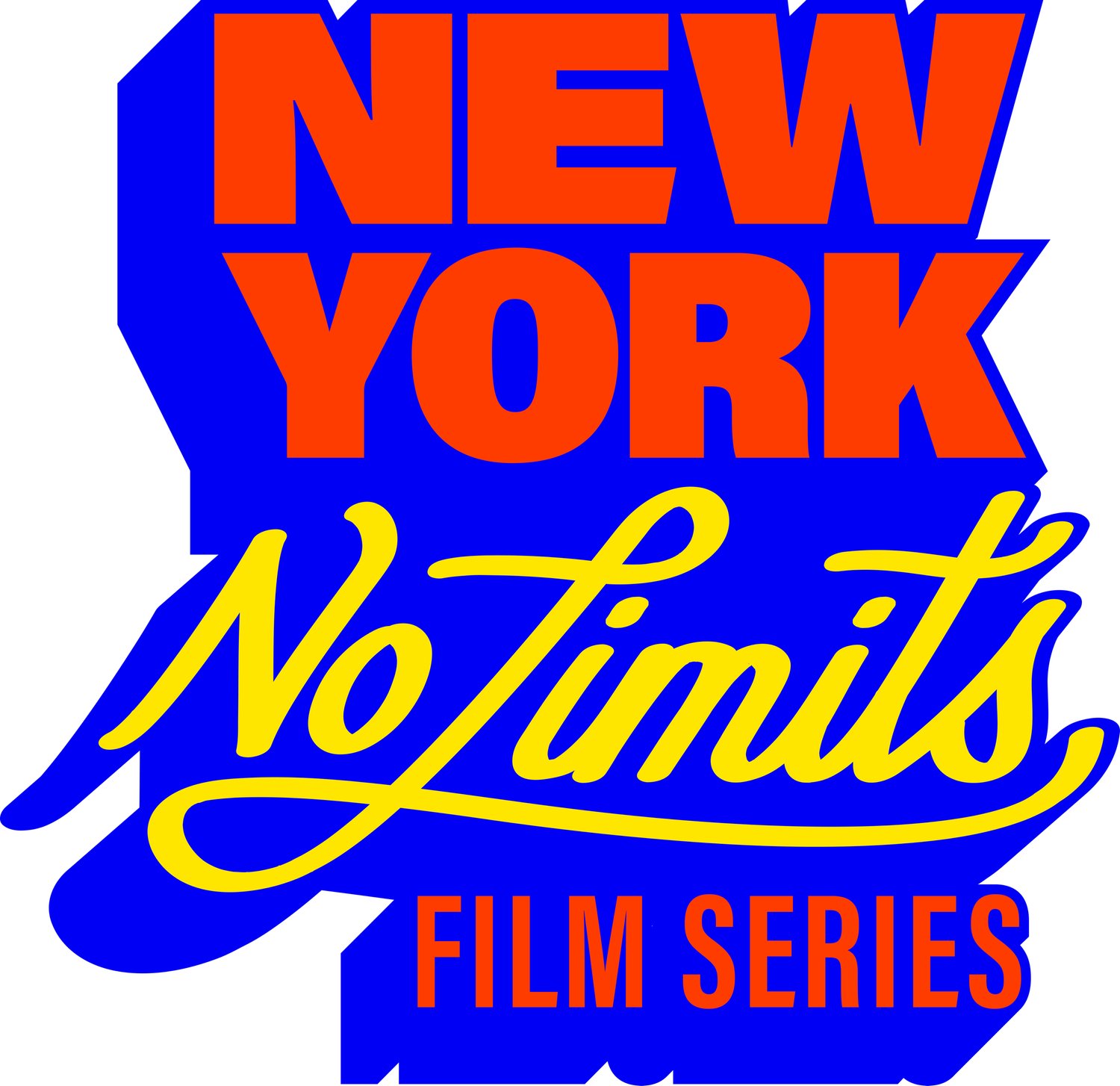Still from PAPA
New York No Limits Film Series, Quick Cuts with Ella Gillmor, writer & director of PAPA
Filmmakers from our Art of the Short event give insight into their film via quick-hitter questions.
Interview by Iris Chan.
In your film, Papa, you dive into what it has felt like to lose a loved one during the COVID-19 pandemic, a pandemic that is still ongoing. How has it felt to put such a personal grieving into film? How do you hope audiences will feel after they see your film?
When I lost my grandfather, I was heartbroken and angry at the circumstances of quarantine that prevented my family and I from having a proper Jewish funeral and shiva for our beloved. While as an artist, I use creation as an opportunity to work through my internal thoughts and feelings, I surprised myself by my ability to mourn through creating the film. It was a natural instinct to comprehend my grandfathers passing through identifying the symbolism of the questions death brought upon me. Communication is the running symbol throughout my film that represents my yearning to assure my grandfather of the things I wish I could've said to him in his final moments. Spiritually, I wanted to use the medium of film as a tool to communicate with him post-mortem and to simultaneously highlight our infinite connection with our loved ones. I hope that the film brings audiences a sense of comfort surrounding how they comprehend losing someone on the physical plane and that it instills or validates the knowing that our loved ones are always with us in spirit. While he was still with us on this plane, my grandfather instilled the knowledge that he was always with me in my heart no matter when and where we were in time and space. I hope his message resonates in the hearts of the audience who may have also lost a loved one in this unprecedented time that has greatly affected the natural mourning process.
Which filmmakers are you personally inspired by, particularly for this film and also in general?
For this film, I was stylistically inspired by Maya Deren's ‘Meshes of the Afternoon.’ Ever since I saw Deren’s piece years ago as a child, I was fascinated by her ability to create a surreal environment in a mundane location. Since my film blends the genres of documentary, surrealism, and fiction, I subconsciously drew a lot of inspiration from her illusionary techniques, along with her juggling of directing and performing. In general, I am intrigued by various genres of film which draw me to a range of writers and directors from Seth Rogen to The Safdie Brothers.
Has working around the pandemic and social distancing pushed you to create in a new way? Has it changed your process, and if so, how?
The pandemic completely shaped the manner and content of my film, being that it is a surreal docufiction of my mourning process during quarantine. Because my piece was so personal, there is no one else but me who could perform in a way that's authentic to the piece. The isolation of the pandemic only validated this piece more as an urgently important story to tell, and one that would be told by all means necessary. Thankfully, my partner was in the same city as I at the time of shooting so he was able to operate the camera while I directed and acted. Again, the circumstances of the pandemic only authenticated the piece more because, as I am no actor, I would not have felt comfortable to perform such a vulnerable piece in front of anyone else other than my partner. I am so grateful for the valuable time quarantine alloted me to spend constructing a work of art to pay tribute to my grandfather and communicate my love to him.
Any other thoughts you'd like to share about your film, that you'd want viewers to know?
I would want viewers to know that everyone can use art to understand yourself and the world. Everyone is an artist, and if you don’t think you are, you just haven’t found your medium yet. Stay connected to yourself and your loved ones.

